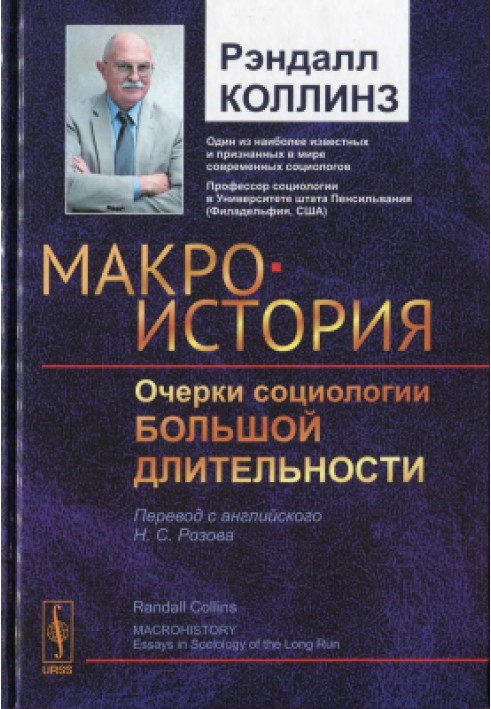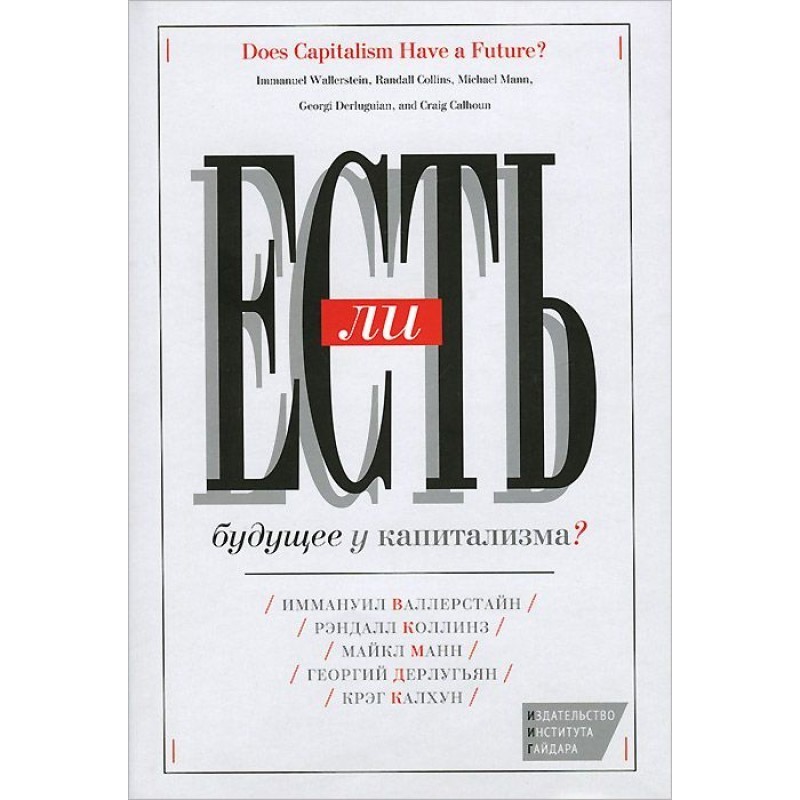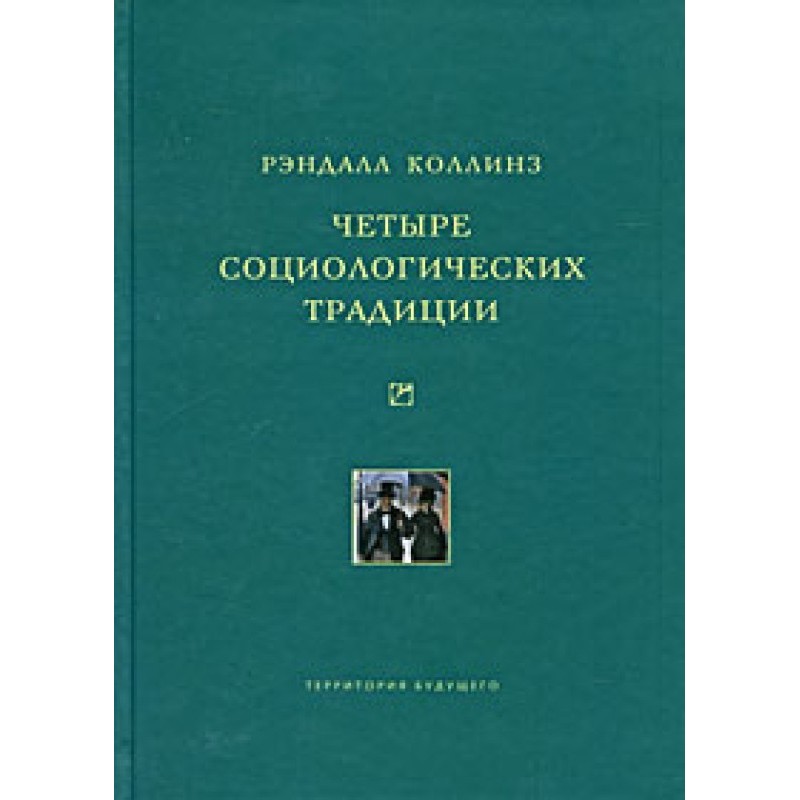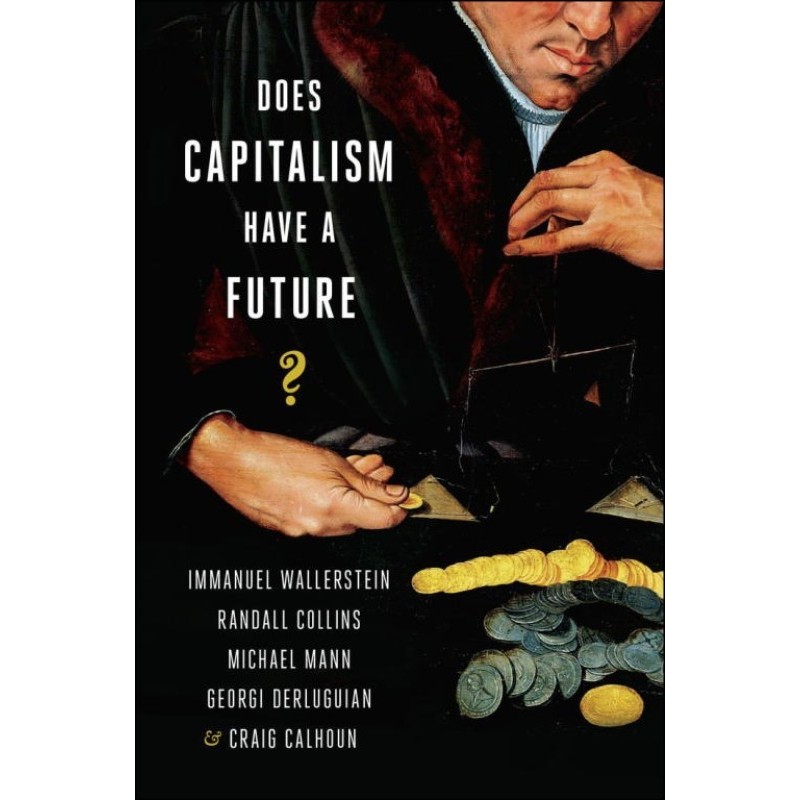Macrohistory: Essays on Long Term Sociology
 Instant download
Instant download
after payment (24/7)
 Wide range of formats
Wide range of formats
(for all gadgets)
 Full book
Full book
(including for Apple and Android)
The book by one of the most prominent modern social researchers, Randall Collins, is a brilliant example of a theoretical and dynamic approach to historical macrosociology (“macrohistory”). The author partly “gathers the cream” of the best achievements in this rapidly developing field, presenting and skillfully combining the concepts of the most profound and thorough historical sociologists and historians, such as: Perry Anderson, Giovanni Arrighi, Immanuel Wallerstein, Robert Wuthnow, Martin Van Creveld, Jack Goldstone, Paul Kennedy, William McNeil, Michael Mann, Theda Skocpol, Arthur Stinchcombe, Charles Tilly, Kenneth Waltz and others. At the same time, the main part of R. Collins’ book is devoted to the presentation of his own original theories in the field of long-term social and historical dynamics. These dynamic theories are devoted to the central topics of historical macrosociology. Through special combinations of conditions, the expansion and decline of empires, the processes of bureaucratization and secularization, revolutions and state collapses are explained; Among other things, the book provides a detailed analysis of the well-known geopolitical prediction made by the author in 1980 of the collapse of the Warsaw bloc and the USSR. Original, also based on geopolitics, theories of democratization, unification and separation of ethnic groups, the concept of development and crises of a market economy are presented, not only in the West, but also in medieval China and Japan. The author, on the one hand, relies on the powerful classical tradition of social -historical thought (primarily on the ideas of Max Weber, but also K. Marx, E. Durkheim, G. Simmel, R. Bendix, F. Borkenau, B. Moore, K. Boulding, etc.), on the other hand, builds clear structures of the dynamic interaction of variables, verifies and refines them on extensive historical material. This allows him to each time dispel popular myths and thought patterns that are widespread not only in everyday but also in scientific discourse. R. Collins offers instead bold, non-trivial, sometimes disturbing, but solidly substantiated ideas. The book is complemented by a macro-sociological afterword by the translator, Prof. H.S. Rozov, - where the main theoretical provisions of each chapter are discussed in the context of the dynamics of Russian history, as well as the current situation and prospects for Russian politics. The book is intended for sociologists, political scientists, ethnologists, social philosophers, specialists in military, economic and cultural history, for everyone who The modern achievements of world science are interesting in explaining historical dynamics - social crises and transitions, ups and downs, long-term processes and trends.
Data sheet
- Name of the Author
- Рэндалл Коллинз
- Language
- Russian
Reviews
Вражаюче дослідження соціальної динаміки
Книга Рендалла Коллінза "Макроісторія: Нариси соціології великої тривалості" є справжнім шедевром в галузі соціології та історії. Автор майстерно поєднує теоретичні концепції з практичними прикладами, що дозволяє читачеві глибше зрозуміти складні процеси, які формують наше суспільство. Коллінз не лише аналізує історичні події, але й пропонує оригінальні теорії, які допомагають пояснити, чому відбуваються ті чи інші соціальні зміни. Його здатність розвінчувати міфи та стереотипи, що існують у науковому дискурсі, вражає. Книга також містить глибокий аналіз геополітичних процесів, що робить її надзвичайно актуальною для розуміння сучасних подій. Післямова перекладача додає цінності, оскільки контекстуалізує теоретичні положення у рамках російської історії та політики. Рекомендую цю книгу всім, хто цікавиться соціологією, історією та політикою, адже вона відкриває нові горизонти в розумінні соціальних процесів.
















